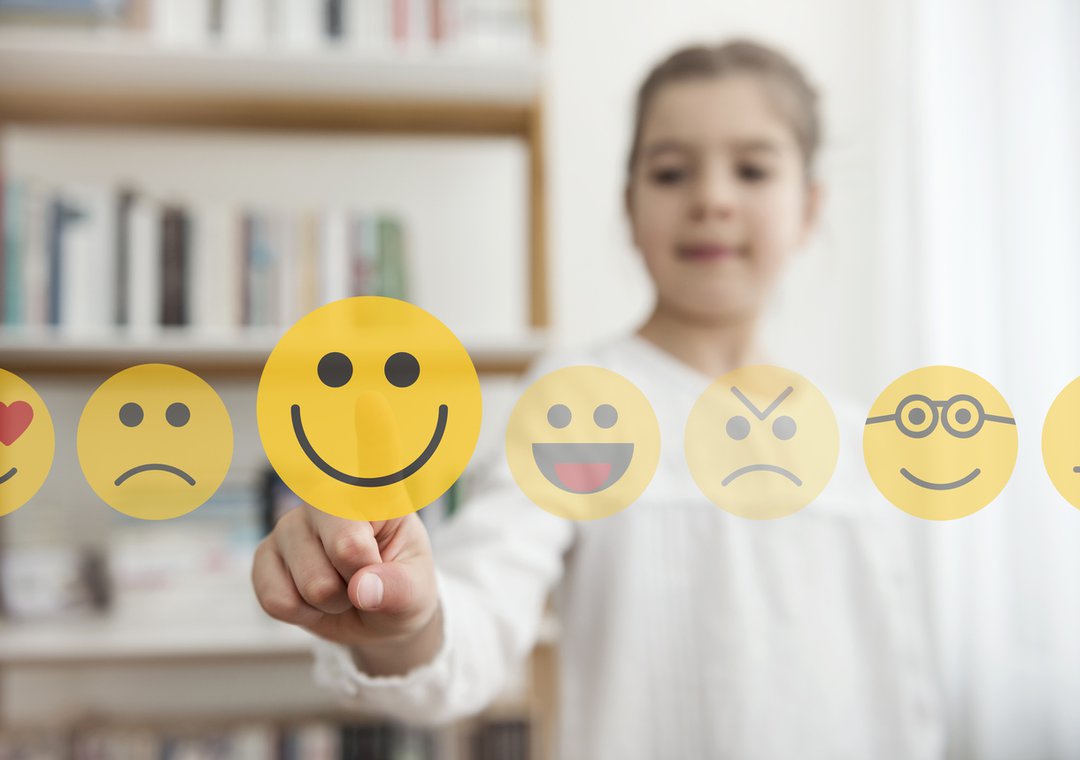
“Coronavirus ended the screen-time debate,” wrote Nellie Bowles in The New York Times back in March. “Screens won.”


iStock-928404990.jpg
For the article Bowles talks to people, including many parents, across the country who used to fret about how much screen time they allowed in their lives. Under pressure of lockdowns, they all abandoned their previous boundaries.
“That went out the window last week,” says one mother of her pre-pandemic screen time limits. Another parent of a toddler confesses, “I beg her to watch whatever children’s programming PBS is peddling on Amazon Prime.” “We’ve all officially lost the battle,” chimes in a doctor and parent to two kids under three.
HOW GUILTY SHOULD YOU FEEL ABOUT 5 HOURS STRAIGHT OF ‘PAW PATROL’?
If you’re a busy parent who struggled to balance the demands of work and childcare during the time of coronavirus school closings, this is probably not news to you. But just because all mostly gave up the fight over screen time during lockdown, doesn’t mean we don’t feel guilty about the fact. I may let my six-year-old indulge in hours of baking shows so I can finish an article some afternoons, but I do it with one eye on the TV wondering if the cost of meeting my deadline is melting my kid’s brain.
New science should help ease the mind of parents like me. Rigorous pre-pandemic research out of Oxford University found that worries about kids and screen time were probably way overblown. But do those results still apply in a world where getting your work done sometimes means allowing your child five consecutive hours of Paw Patrol? Yes, suggest the reassuring new findings.
NO, SCREEN TIME WON’T MAKE YOUR KID ANXIOUS OR DEPRESSED.
The study out of the University of Colorado Boulder analyzed data on nearly 12,000 young people to determine what negative effects, if any, were correlated with truly hefty, pandemic-sized doses of screen time.
“Even when kids spend five hours a day on screen – whether computers, television or text – it doesn’t appear to be harmful,” reports researcher Katie Paulich on The Conversation. “Our results, recently published in the journal PLOS One, found no association between screens and a child’s depression or anxiety.”
In fact, more screen time was linked with kids having more friends, possibly due to the relationship-building effects of online activities like video games and social media.
THE BAD NEWS ISN’T VERY BAD AT ALL.
Not all the news out of study was completely positive. High levels of screen time were correlated with worse sleep and lower academic performance.
The sleep thing is hardly shocking. Any adult who has blown past their own bedtime hitting Netflix’s ‘Next Episode’ button can understand why that might be so. But the worry that all those iPad games might be hurting your kid’s grades is a potent one for many parents. Paulich, like the Oxford researchers before her, strikes a reassuring tone, however.
“Any association between screen time and the various outcomes, whether good or bad, is so small it’s unlikely to be important at a clinical level,” she explains. “Some kids scored lower than others on these outcomes, some scored higher; screen time only explained two percent of the difference in the scores. This suggests the differences are explained by many variables, not just screen time. It’s a very small piece of a much larger picture.”
It’s also worth noting that other studies have suggested that children with strict screen time limits during childhood actually struggle more when they get to college because they don’t have practice regulating their own tech use. Parents need to think not just about trading homework time against online time now, but also consider the downstream effects of micromanaging their children.
Finally, as with any correlation, the arrow of causation is an open question. Could it be that hours upon hours online hurts kids academic performance a tiny bit? Maybe. But it could also be that kids who struggle in school are more likely to distract themselves with screens.
NO GUILT ALLOWED.
Endless hours of cartoons or Fortnite (or baking shows) is pretty much no parent’s ideal. As our world opens up and schedules settle down, all of us, whatever our age, may want to reset our relationship to our devices. But there’s no need to undertake that rethink freighted with guilt. You did the best you could under incredibly trying circumstances. The latest science suggests the compromises you made around screen time probably did your kids no harm at all.
Comments are closed.
